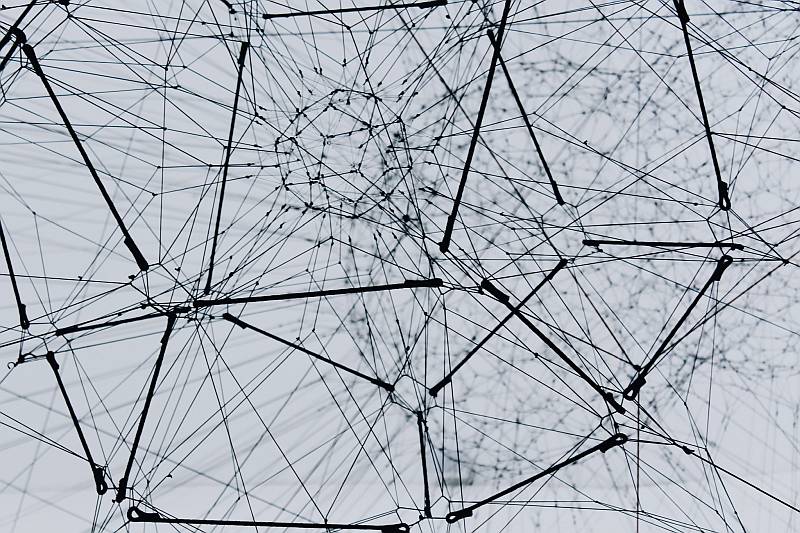
This is a network effect. It happens when we have to use something because everyone else is using it. And if we were to use something else, then we would become part of a small and niche group.
Network effects became more prominent at an with the internet, as everyone became connected. It allows you to scale and Reid Hoffman and Chris Yeh described this is their book, "Blitzscaling".
Examples of network effects:
1. Airbnb - The more people offer their properties on Airbnb, the more it becomes the go-to marketplace for people seeking homestays.
2. Facebook - The more friends you have on Facebook, the more likely you will open an account with Facebook to stay connected with your friends.
3. WhatsApp - The more people use WhatsApp, the more you need to use WhatsApp too to be able to communicate with them.
4. Slack and Mirosoft Teams - Firstly, the more your office workers use Slack or Teams to communicate and update their projects, the more you have to join in or you will be seen as a poor team member. Secondly, the more services use either Slack or Teams, the more it makes sense for you to use it too to connect with those services. The race is on between Microsoft and Slack, and it looks like Microsoft will be the leader while Slack becomes the challenger.
So if you are building a startup, see if network effects can make your business thrive.
© Osman Mia